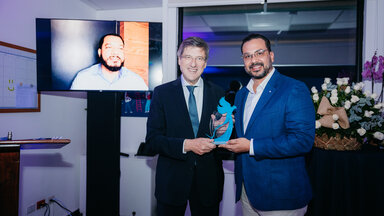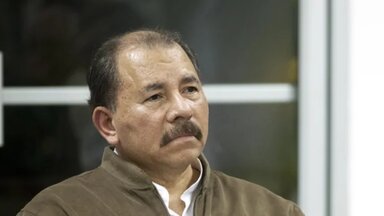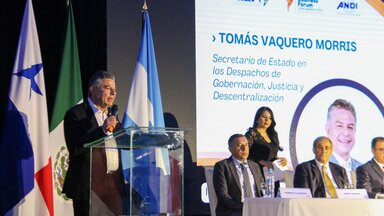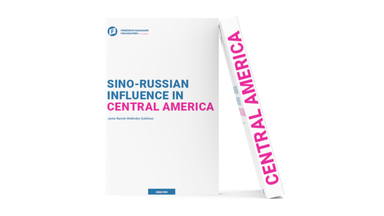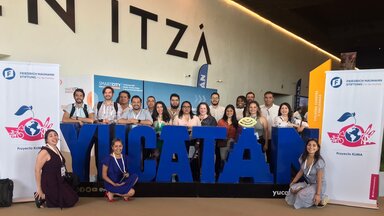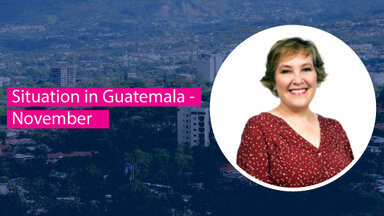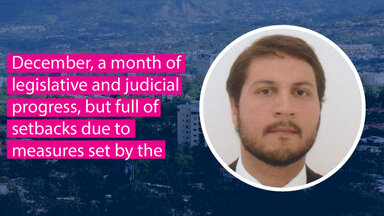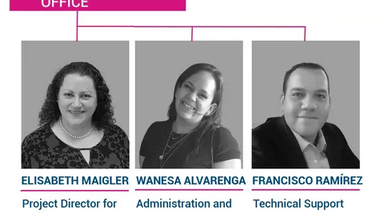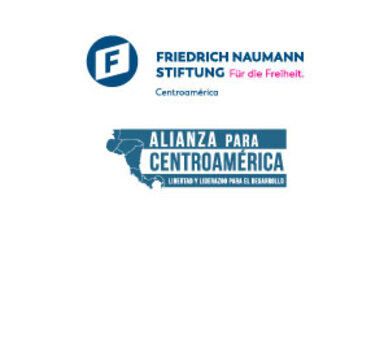Central America
The Friedrich Naumann Foundation for Freedom (FNF) is the German foundation for liberal politics, created in 1958. The work of the FNF in 60 countries is based on the democratic formation of responsible citizens, political advice of leaders and international political dialogue. In Central America, the FNF has been present for more than 35 years, currently headquartered in Guatemala City (Guatemala), from where the work of the Alianza para Centroamérica is coordinated. The Alianza brings together liberal think-tanks, organizations of the civil society as well as political parties, with which the FNF cooperates in Guatemala, El Salvador, Honduras, Nicaragua, Costa Rica and Panama.
News
-
Venezuela's stolen election: The international community must react
The presidential elections in Venezuela have made clear the deep desire for change. Despite massive obstacles and obvious manipulation by the Maduro regime, the overwhelming support of the population shows that the opposition under Edmundo González has won the election. The call for justice and a democratic transition is growing ever louder.
-
Félix Maradiaga Receives the "Quetzal of Freedom" Award for His Tireless Fight for Democracy in Nicaragua
In an emotional event held on May 31, 2024, the Friedrich Naumann Foundation for Freedom in Central America awarded the prestigious "Quetzal of Freedom" prize to Félix Maradiaga, a prominent Nicaraguan opposition leader and former presidential candidate.
-
European Elections: More Drama than Change
Europe elected a new parliament on June 9: reports have mostly focussed on dramatic gains for the parties of the Far Right, but its overall composition has not changed dramatically. The European parliament has steadily increased its influence and power, most voters do not really evaluate its effort and instead vote according to domestic political trends.
-
Nicaragua Approves New German Ambassador After Diplomatic Tensions
Felix Maradiaga examina el reciente gesto diplomático de Nicaragua hacia Alemania y devela la preocupante realidad detrás de la política exterior del régimen Ortega-Murillo, marcada por alianzas con regímenes autoritarios y un aislamiento de las democracias occidentales.
-
Collectives and Urban Laboratories
Con frecuencia, muchos de los cambios de mejoramiento y de transformación que se buscan son realmente experimentos. Por mejor idea que parezca y por más éxito que haya logrado esa idea en otra ciudad, cada ciudad tiene retos muy particulares y no siempre es seguro que un proyecto sea bien recibido por la comunidad o que funcione.
-
Honduras projected itself as a dynamic and attractive destination at the World Business Forum
The important event brought together leaders and representatives from various industries to discuss and analyze critical issues for the economic and industrial development of the region.
-
Sino-Russian Influence in Central America
As authoritarian regimes in Central America cozy up to Russia and China, they are inadvertently opening the door to a pernicious campaign of disinformation, propaganda, and anti-democratic machinations that threaten the region's fragile democracies and long-standing alliances with the West.

